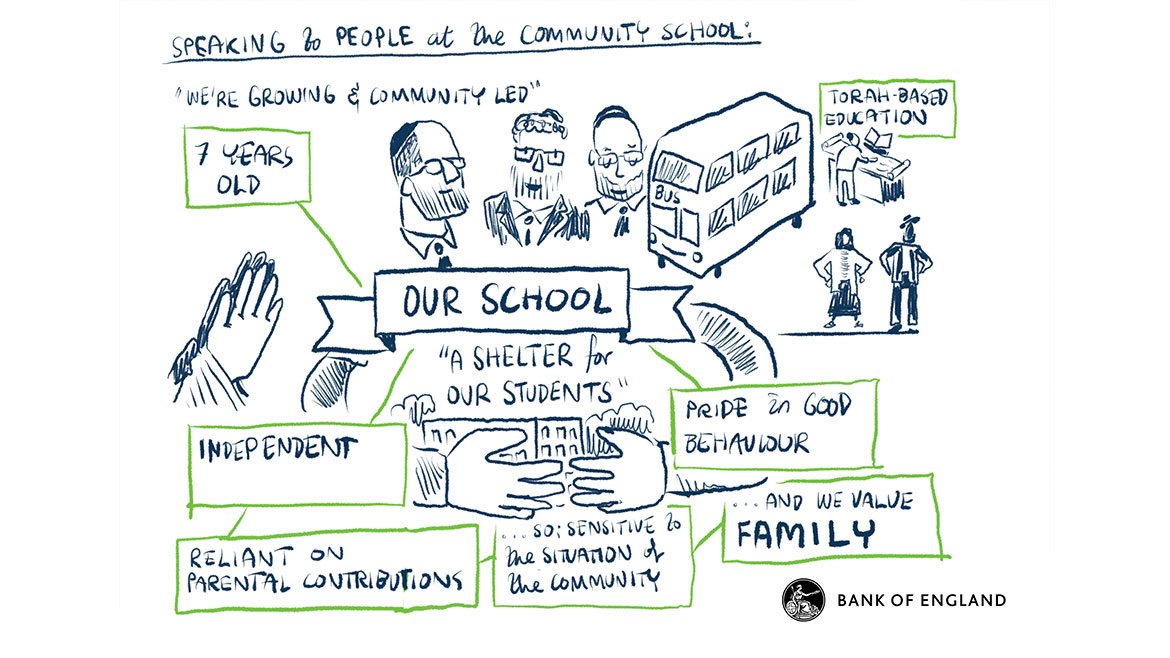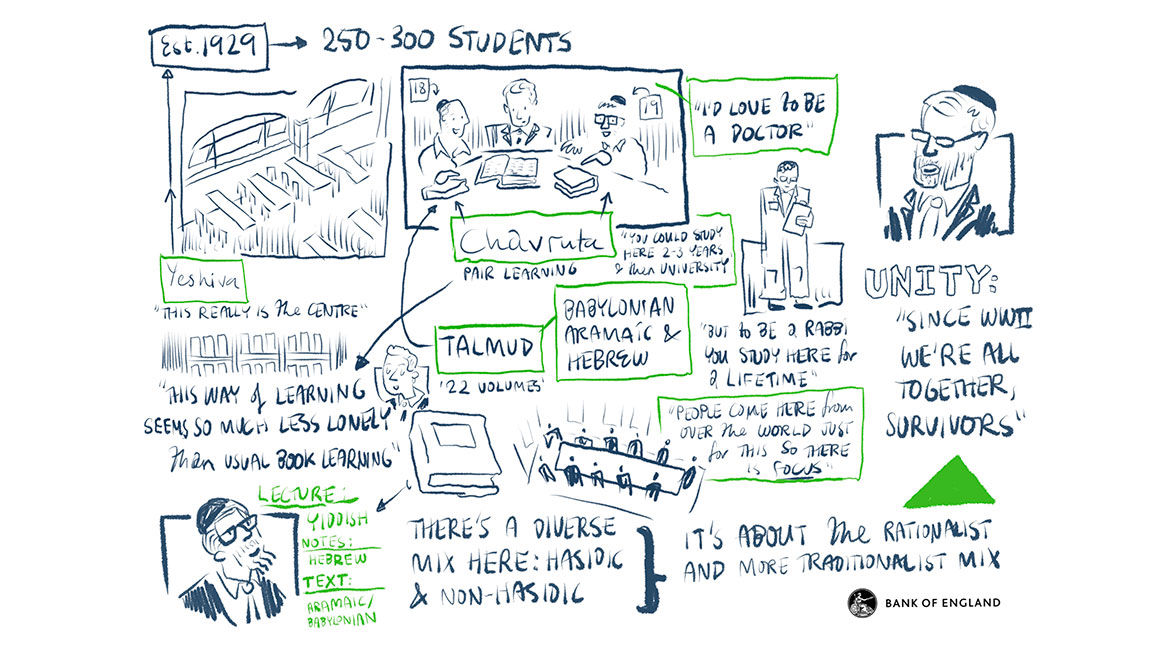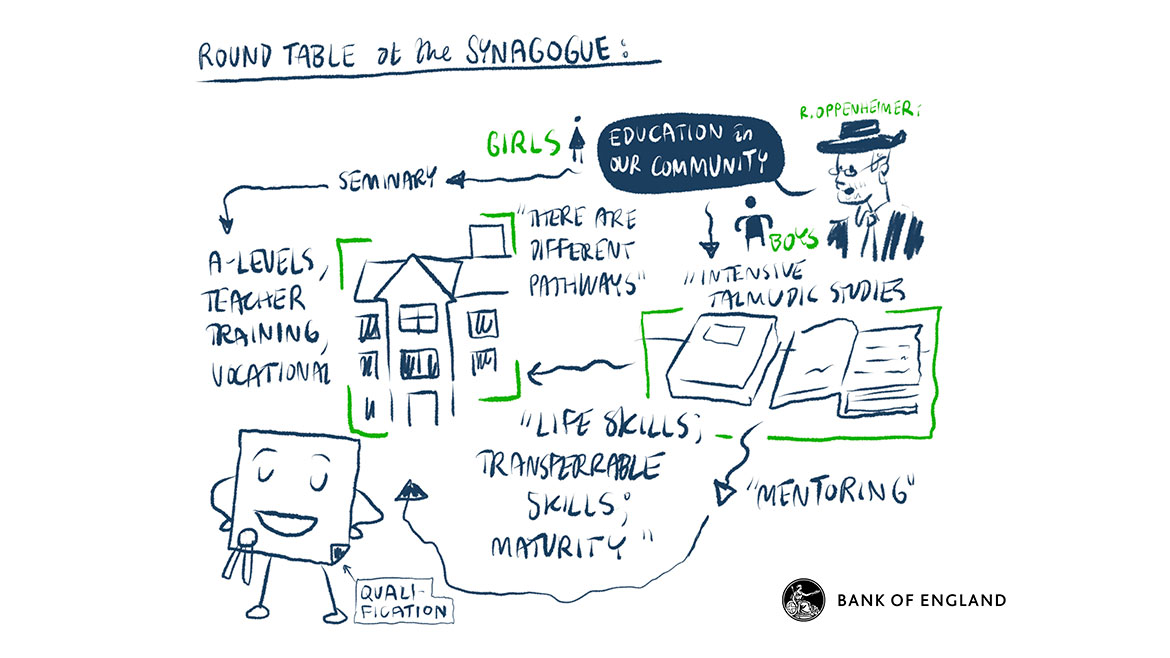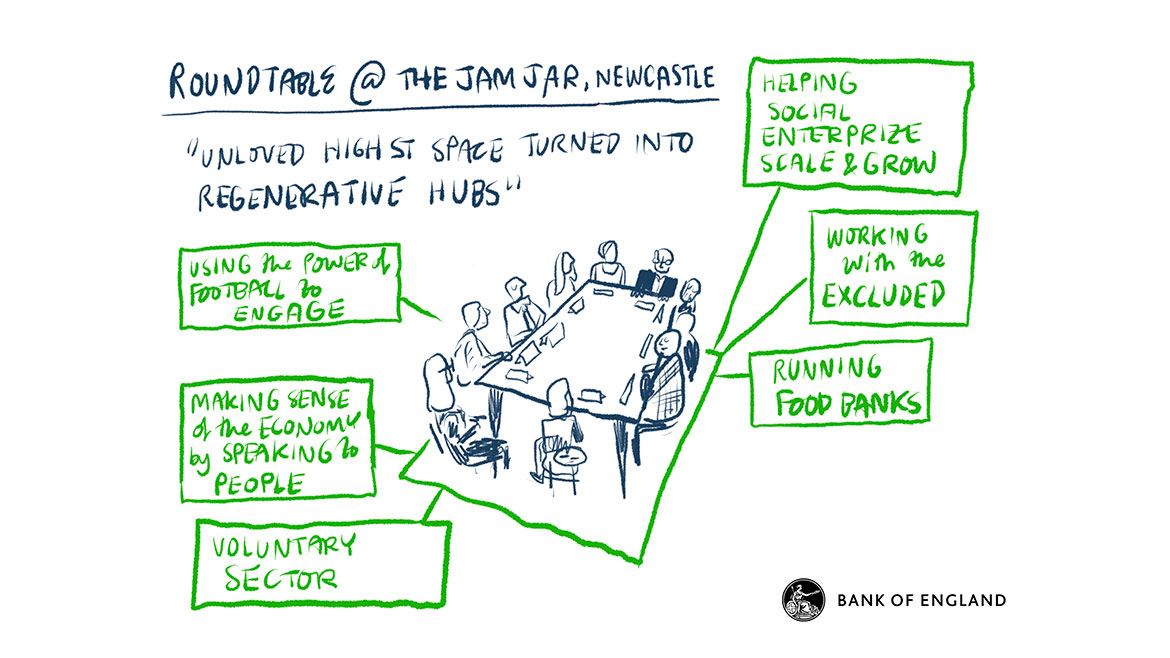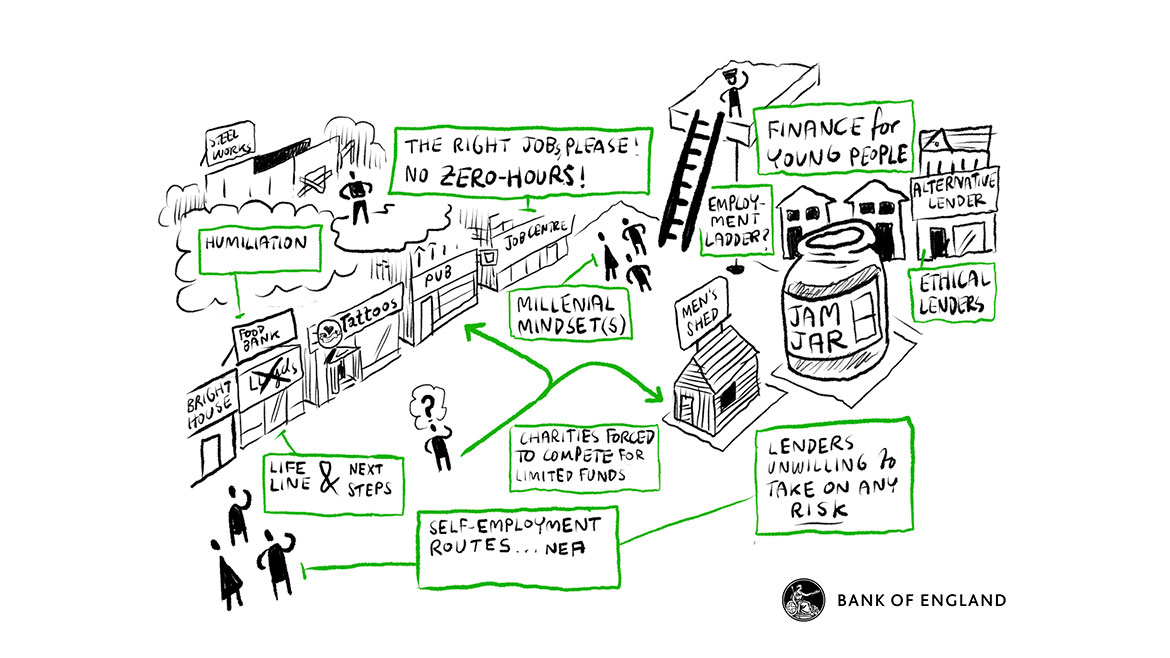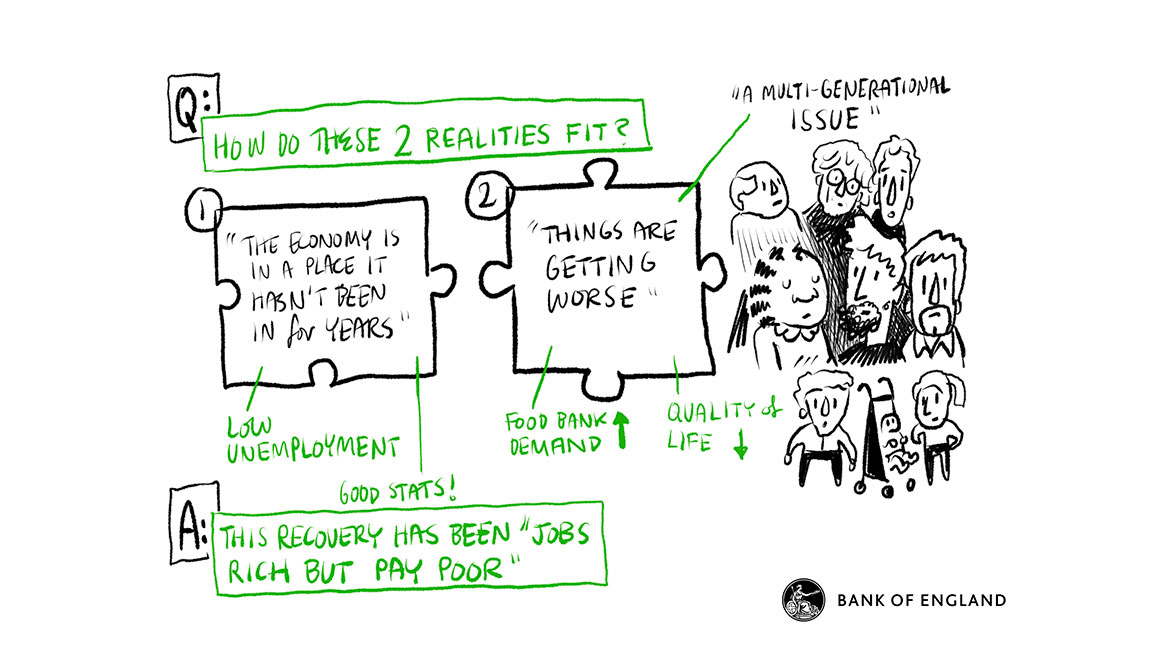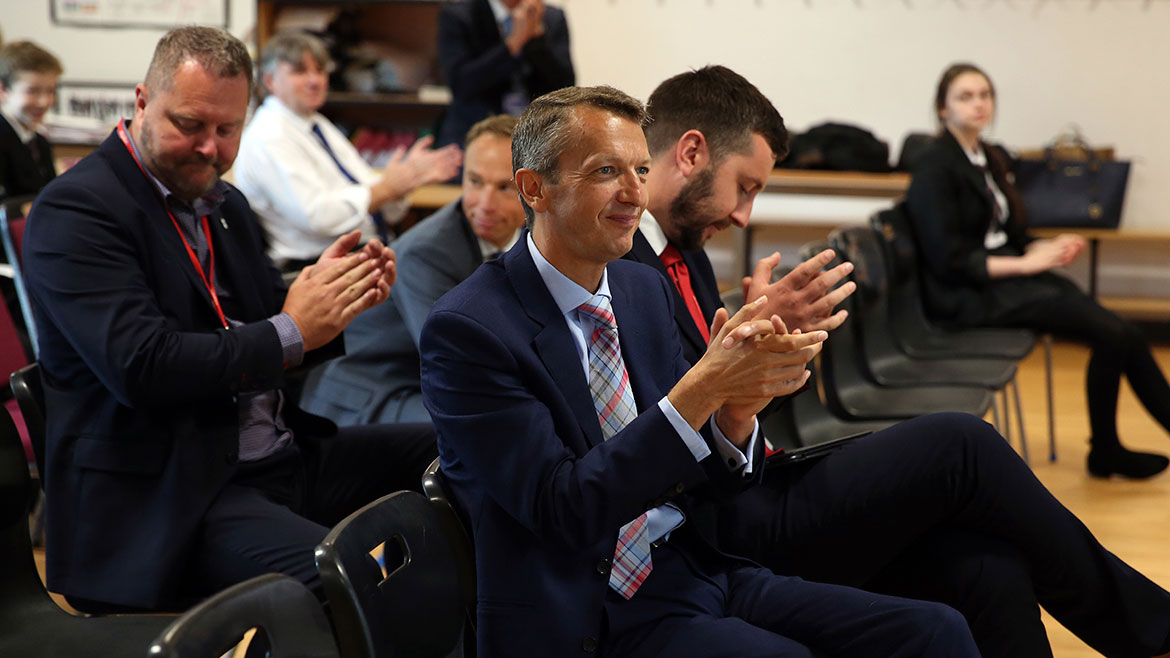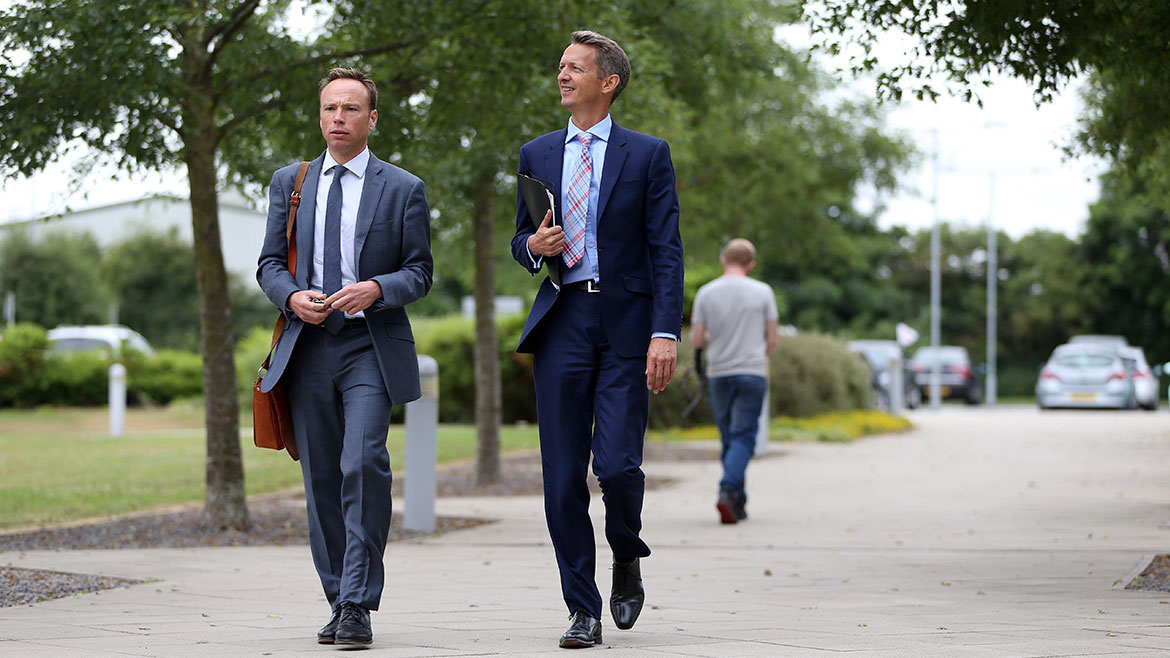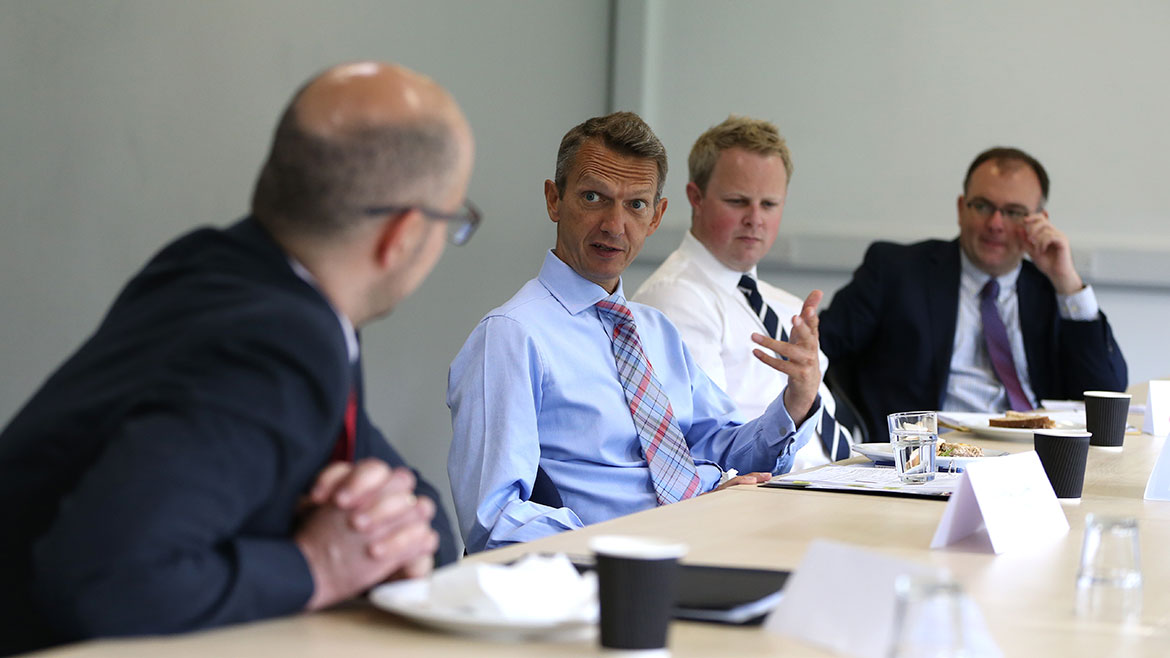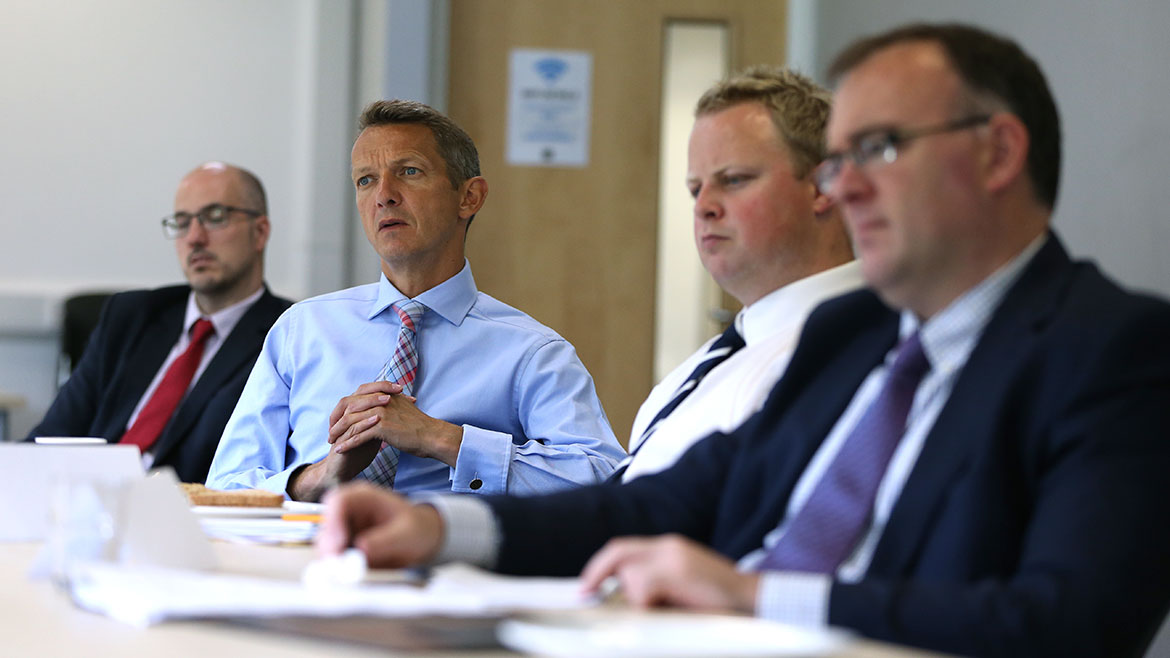A second theme of the visit, from the business perspective, was around recruitment concerns. Surveys suggest these pressures have been mounting through this year, with particular tightness being felt in some sectors. That impression has been reinforced in a number of my recent regional visits, including to the North East.
I visited a number of companies who were either in, or were part of the supply chain, of advanced manufacturing businesses. This is a significant sector in the North East. And it is a sector where skills shortages are particularly apparent, not only in the North East.
Our Agents have been telling us about the difficulties companies face in finding specialist engineers and other skilled personnel for some time now. But there is a sense that these recruitment difficulties are now becoming more broad-based.
It’s not all bad news. Faced with these challenges I heard about how companies are increasing their investment in apprenticeship programmes, forging closer alliances with universities, and exploring opportunities for automation which could have a really positive impact on productivity.
Another way companies were responding to these staff and skills shortages was through higher pay, as elsewhere around the country. A number of companies that I visited spoke about having had to up their settlements, comparing this year with last, something also borne out in the surveys carried out by our Agents.
My final visit of the trip was to the Jam Jar Cinema in Whitley Bay, which kindly hosted a roundtable discussion with a selection of local charities and voluntary organisations. I had spoken to a number of these charities 18 months earlier in Redcar – food banks and charities dealing with people distant from the labour market, homeless or with mental health problems.
I would like to say I noticed an improvement in sentiment among the charities – for example, a fall in numbers visiting food banks given the improving job situation over the past few years. Alas, that was not the message I received with numbers still increasing and with other charities also reporting a steady demand for their services. Times clearly remain incredibly tough for many people, with modest levels of pay, insecure employment and inactivity still a problem despite the significant improvement in the jobs market.
More optimistic was the story behind our hosts, the Jam Jar Cinema itself. We regularly hear tales of the death of the high street. And there is little question these are incredibly tough times for many retailers. When I visited as a child, Whitley Bay would have been home to five cinemas. All of them had been lost.
Until recently. Five years ago, Dan Ellis set up a new independent cinema in Whitley Bay, fittingly on the site of an old Job Centre. Through a lot of determination and perseverance, initially through volunteer staff, the cinema has thrived. It now employs over ten people and has plans to expand from one screen to three. Local people have been more than happy to support a local business run by an inspirational local entrepreneur on their high street.
I am grateful to Shlomi Isaacson from the Jewish Community Council of Gateshead, Philip Rosenberg from the Board of Deputies of British Jews, Dan Ellis and to the Bank’s Agents in the North East, Mauricio Armellini and Andrew Hebden, for making this such a memorable visit.
My next Townhall is in London in September.


